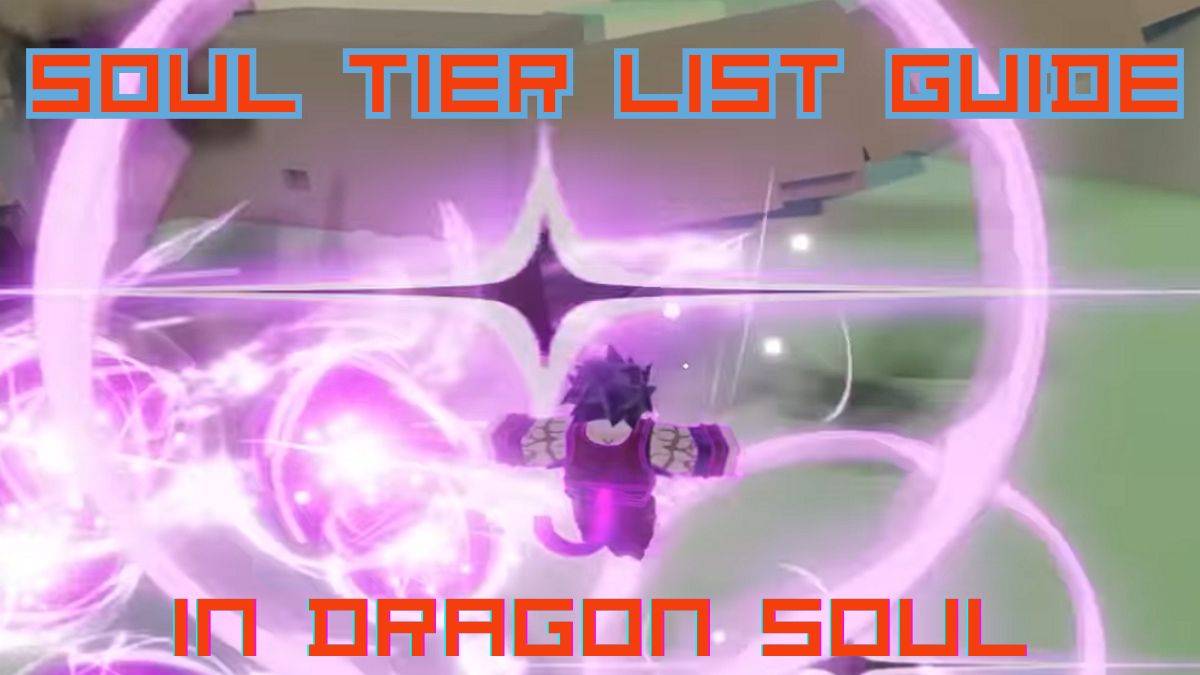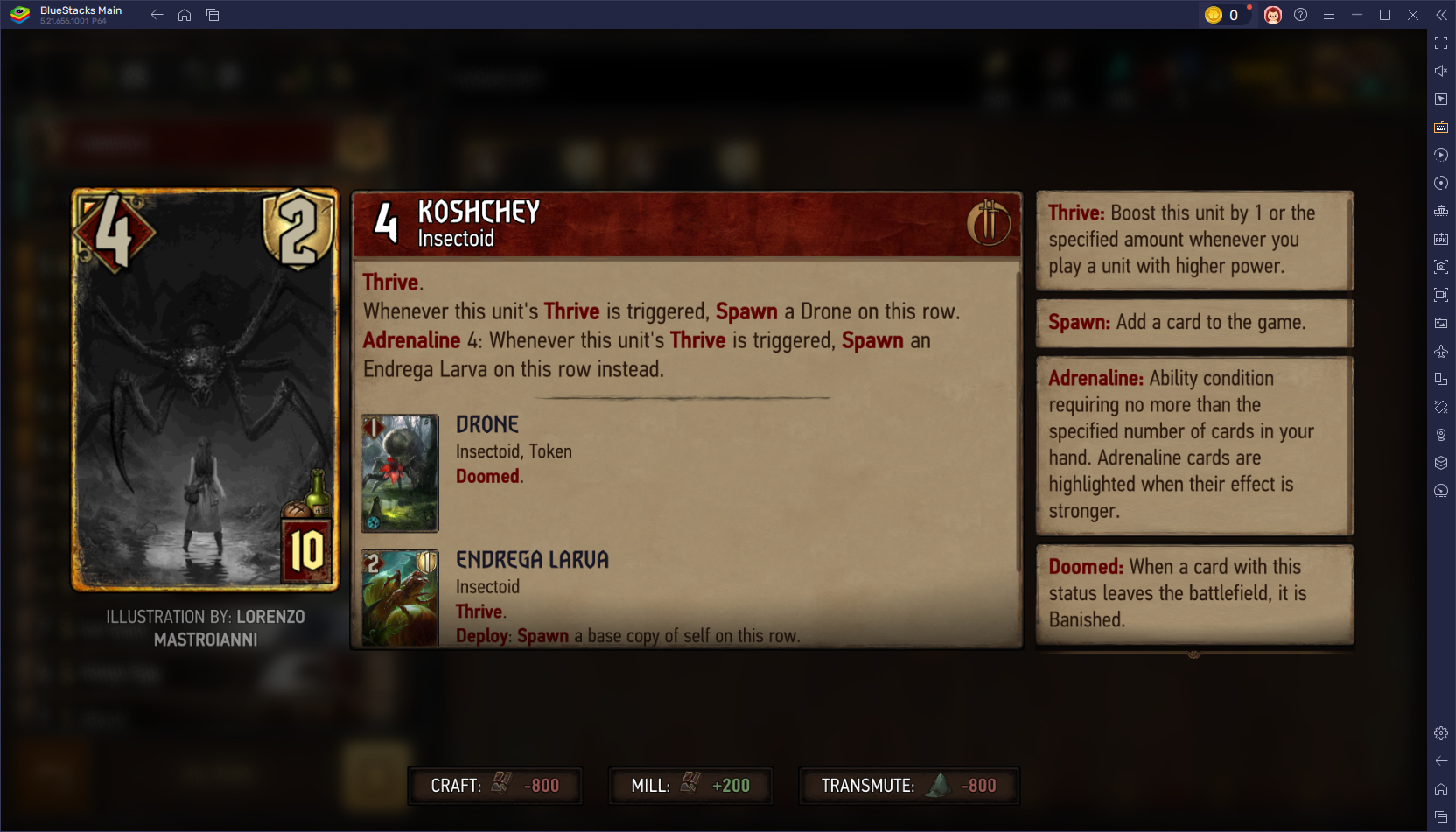Ridley Scott’s Lost Dune Script Found: 'I Don't Think It Would’ve Made Fans Happy'
- By Chloe
- Feb 22,2025
Ridley Scott's Lost Dune: Unveiling a 1980 Script
This week marks forty years since David Lynch's Dune premiered. While a box office flop initially, it's cultivated a devoted following. This contrasts sharply with Denis Villeneuve's recent big-screen adaptation of Frank Herbert's classic novel. Ridley Scott's involvement, preceding Lynch's, remains largely unknown—until now.
A 133-page October 1980 draft of Scott's abandoned Dune, penned by Rudy Wurlitzer, has surfaced. This discovery, thanks to T.D. Nguyen, within the Coleman Luck archives at Wheaton College, offers unprecedented insight.
Upon Scott's involvement post-Alien, Frank Herbert's lengthy, two-part screenplay—faithful yet cinematically unwieldy—already existed. Scott selected a handful of scenes, then enlisted Wurlitzer for a comprehensive rewrite. Like Herbert's and Villeneuve's versions, it was conceived as a two-part epic.
Wurlitzer described the project as incredibly challenging, requiring extensive outlining before the script's completion. He aimed to capture the book's essence while infusing a unique sensibility. Scott himself later confirmed the script's quality.
Several factors contributed to the project's demise: the death of Scott's brother, his reluctance to film in Mexico (De Laurentiis's demand), a ballooning budget exceeding $50 million, and the allure of Filmways' Blade Runner project. Crucially, Universal executive Thom Mount noted the script lacked universal acclaim.
Was Wurlitzer's adaptation a cinematic failure, or simply too dark, violent, and politically charged for a mainstream release? A detailed analysis of the script allows for a personal judgment. While Wurlitzer and Scott declined to comment, the script itself speaks volumes.
A Darker Paul Atreides
The script opens with a dream sequence depicting apocalyptic warfare, foreshadowing Paul's destiny. Scott's signature visual density is evident in descriptions like "birds and insects become a whirling hysteria of motion." This power translates effectively to the page.
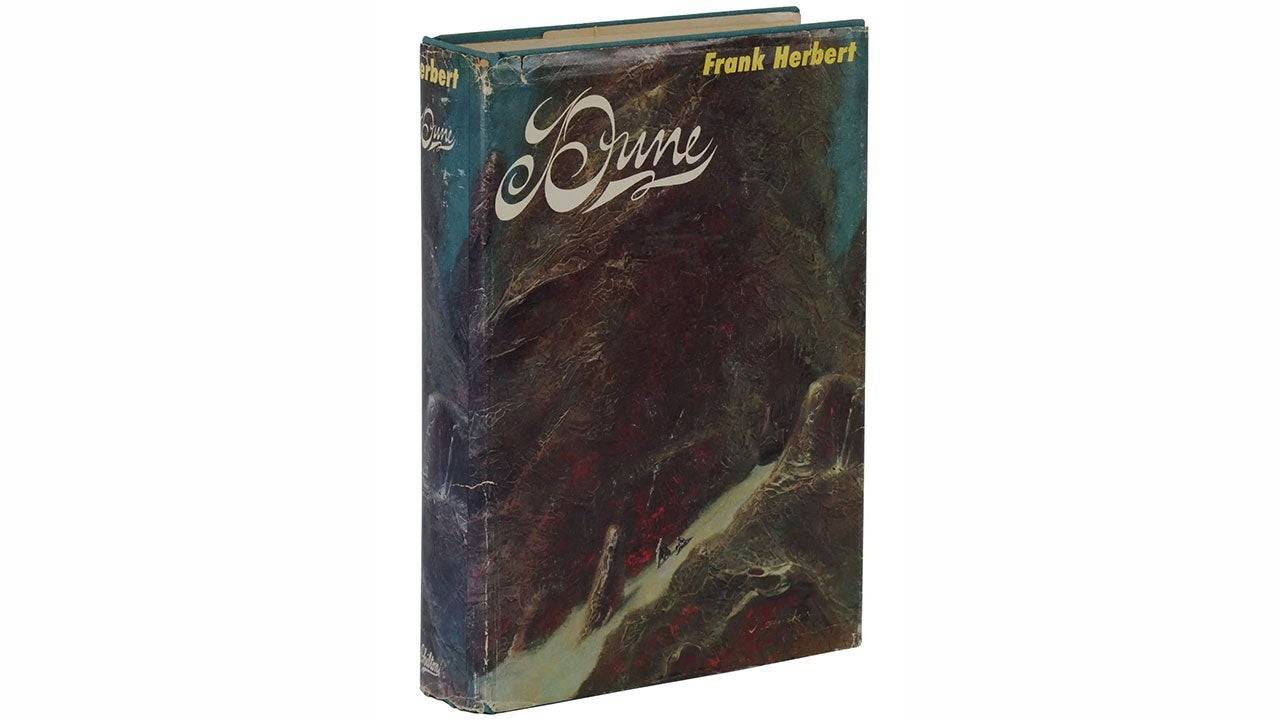
Scott's collaborative approach is highlighted: he closely integrated visuals with the writer's narrative. The script portrays Paul not as Timothée Chalamet's portrayal, but as a seven-year-old, undergoing trials with the Reverend Mother. While Lynch's version featured imagery of burning flesh, Scott's maintains a symbolic approach. This young Paul displays "savage innocence," demonstrating his abilities with The Voice and nearly killing Duncan Idaho.
Stephen Scarlata, producer of Jodorowsky's Dune, observes that Wurlitzer's Paul is far more assertive, actively taking charge. A flash-forward depicts his growth into a master swordsman. Scarlata prefers Lynch's portrayal, highlighting the tension created by Paul's vulnerability.
The Emperor's Demise and Political Intrigue
The script shifts to Castle Caladan, where Jessica witnesses the news of the Emperor's death, a pivotal plot point absent from the novel. The Emperor's death, revealed in a mystical ceremony, becomes the catalyst for the ensuing events. The scene of the Emperor's death within a mystical circle, surrounded by representatives of the Great Houses, is visually striking. The Baron Harkonnen's attempt to negotiate spice production with Duke Leto is also depicted, echoing a famous line from Lynch's film: "He who controls the spice controls the universe."
The Guild Navigator, a spice-mutated creature, is visually depicted as an elongated humanoid, foreshadowing Scott's later Prometheus. The Atreides' arrival on Arrakis showcases a medieval aesthetic, emphasizing swords and feudal customs. Liet Kynes' introduction of Chani and the ecological consequences of spice harvesting are highlighted. The flight through the desert, culminating in a worm attack, mirrors the hellish cityscapes of Blade Runner.
The script also features a new scene: Paul and Duncan engage in a brutal bar fight, showcasing Paul's early prowess. This encounter leads to their meeting with Stilgar, who decapitates a Harkonnen agent. Jessica's intimate moment with the Duke, explicitly detailing their conception of a child, is also included.
A Violent Confrontation
Dr. Yueh's betrayal, culminating in the assassination of Duke Leto, is depicted with graphic violence. The Hunter-Seeker, a bat-like creature with a cobra's head, attacks Paul, who decapitates it. Duncan's death at the hands of Yueh, followed by Jessica's actions, is also depicted. The ensuing escape into the desert is intense, showcasing a crash landing and the harsh realities of survival.
The script omits the incestuous relationship between Paul and Jessica, a point of contention with Herbert and De Laurentiis. While no explicit scene is present, a moment of intimacy between mother and son remains.
The Fremen and the Water of Life
Paul and Jessica's journey through the desert leads to encounters with the Fremen, culminating in Paul's duel with Jamis. The Fremen's acceptance of Paul, his naming as Maud'Dib, and the introduction of Chani are depicted. The Water of Life ceremony is described with mystical and erotic imagery, culminating in a sandworm encounter. Jessica's transformation into the new Reverend Mother and the Fremen's acceptance of Paul as their messiah conclude the script. The planned sandworm ride is alluded to but not explicitly shown.
A Bold Vision, a Lost Opportunity
Herbert's anti-heroic message, central to Villeneuve's adaptation, is present in Wurlitzer's script. Paul is portrayed as a ruthless leader, complicit with others in their pursuit of power. The script's grimdark tone and deviations from the source material likely contributed to its rejection.
Despite its differences, the script offers a unique interpretation, emphasizing the ecological, political, and spiritual aspects of Herbert's work. The script's strong visuals, character motivations, and exploration of ecological themes make it a compelling, albeit controversial, vision of Dune. The legacy of this lost adaptation remains a fascinating footnote in cinematic history. Perhaps, in the future, a filmmaker will revisit this unique interpretation of Frank Herbert's masterpiece.
Latest News
more >-
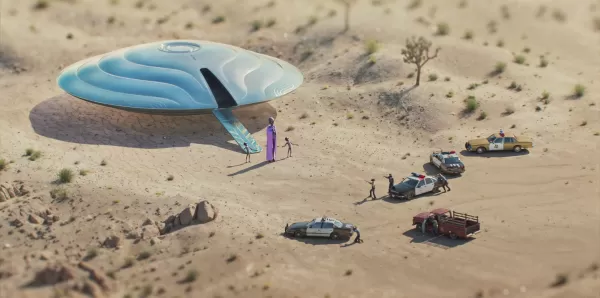
-

-
- Star Wars Outlaws Coming to Nintendo Switch 2
- Dec 13,2025
-
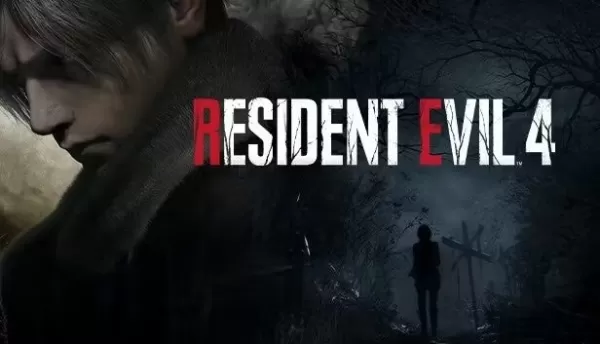
-


